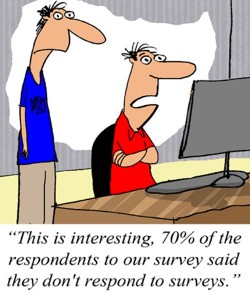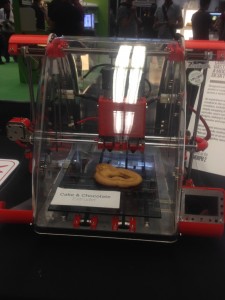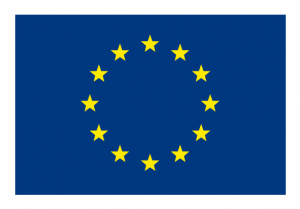
Following on from the blog post yesterday on Innovation the next set of outcomes and connections introduces the concept:
Game changer 2 = UK innovators + regional priorities
It was as Minister for Universities, Science and Cities in December 2014 that the Rt Hon Greg Clark MP launched “Our plan for Growth: science and innovation“.
It was the first time that the importance of place was recognised in the science and innovation strategy and set in motion a series of new conversations and the development of a new set of connections.
Now, eighteen months on, Innovate UK has in place a team of Regional Managers to understand the intercepts between regional priorities and UK excellence and we will be opening shortly our first regional hubs.
Our UK-wide competitions, not only ensures that the best results are obtained for the public money invested but the approach raises the game of every business participating in them.
If you are competing globally, it is not sufficient that you are the best in your locality; you need an intensity of competition, which ensures you are up there with the best in the world.
There is a powerful opportunity now for Innovate UK to partner with other funders in order to combine UK excellence with regional priorities.
Innovate UK consistently receives more proposals over the quality line than it can fund itself.
Going forward we look forward to working with a wide range of funders to invest in many more proposals, which are both over the quality line and aligned to regional priorities. It’s an exciting way forward and is already in trial with Scottish Enterprise in the Biomedical Catalyst.







 For international activity, there will be a range of sessions, drawing on the current priorties in BU’s Global Engagement strategy There will be spearate sessions for major international funders, including US
For international activity, there will be a range of sessions, drawing on the current priorties in BU’s Global Engagement strategy There will be spearate sessions for major international funders, including US  For the European dimension, we are planning a wide range of sessions relating to European funding opportunities, by a mix of online resources and face-to-face sesions introducing the EU funding landscape and key calls. Sessions will draw on the knowledge of BU staff and external facilitators. At these events, you will be introduced to the details of specific call types within the three pillars of
For the European dimension, we are planning a wide range of sessions relating to European funding opportunities, by a mix of online resources and face-to-face sesions introducing the EU funding landscape and key calls. Sessions will draw on the knowledge of BU staff and external facilitators. At these events, you will be introduced to the details of specific call types within the three pillars of 













 REF Code of Practice consultation is open!
REF Code of Practice consultation is open! BU Leads AI-Driven Work Package in EU Horizon SUSHEAS Project
BU Leads AI-Driven Work Package in EU Horizon SUSHEAS Project Evidence Synthesis Centre open at Kathmandu University
Evidence Synthesis Centre open at Kathmandu University Expand Your Impact: Collaboration and Networking Workshops for Researchers
Expand Your Impact: Collaboration and Networking Workshops for Researchers ECR Funding Open Call: Research Culture & Community Grant – Apply now
ECR Funding Open Call: Research Culture & Community Grant – Apply now ECR Funding Open Call: Research Culture & Community Grant – Application Deadline Friday 12 December
ECR Funding Open Call: Research Culture & Community Grant – Application Deadline Friday 12 December MSCA Postdoctoral Fellowships 2025 Call
MSCA Postdoctoral Fellowships 2025 Call ERC Advanced Grant 2025 Webinar
ERC Advanced Grant 2025 Webinar Update on UKRO services
Update on UKRO services European research project exploring use of ‘virtual twins’ to better manage metabolic associated fatty liver disease
European research project exploring use of ‘virtual twins’ to better manage metabolic associated fatty liver disease